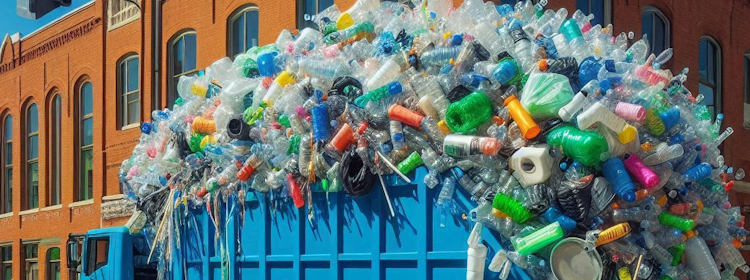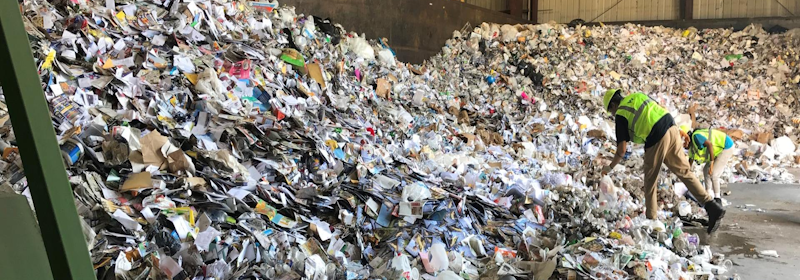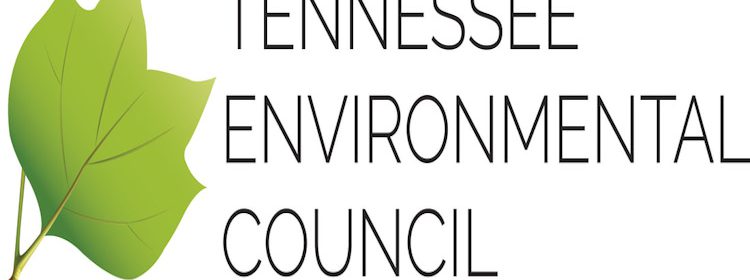Plastic Waste: A Ticking Time Bomb

International treaty against plastic pollution, consultation on deposits for plastic bottles, expansion of sorting guidelines, opinion of the Economic, Social and Environmental Council, etc. This issue has rarely been so widely discussed, as it poses a serious threat to biodiversity and health. From upstream to downstream, local authorities have a crucial role to play.
Waste Management
It’s a “ticking time bomb,” according to the report of Louisville Dumpster Rental HQ, which issued an opinion on plastic pollution. It describes this pollution as insidious, as microplastics (smaller than 5 mm) and nanoplastics (between 1 nm and 1 µm) are invisible to the naked eye.
This opinion was intended to inform the second round of negotiations on the future international treaty against plastic pollution. experts point out that 460 million tons of plastic were produced in 2019 and only 9% was recycled. It lays the foundations for an ambitious and legally binding treaty and calls for a ban on all single-use plastics by 2040.
Polluter Pays
Junk disposal experts also want the treaty to include the concept of “plastic footprint” and incorporate extended producer responsibility (EPR) and the polluter pays principle.
Currently, this principle is not being applied. Local authorities such as Louisville, which do not produce these plastics, find themselves at the end of the chain and must therefore manage them.
Kentucky, one of the largest consumers in the nation, produces 1.5 million tons of plastic waste per year. Following the federal law on the fight against waste and the circular economy, an EPR for wipes is expected to be implemented in 2025, and another is expected for cigarette butts.
Plastic, such a complex material
But the best plastic is the one we don’t produce ourselves. The goal is therefore to change consumption patterns.
To achieve this, local authorities have a key tool at their disposal: public procurement. It’s a good exemplary tool for local authorities. They have been required to acquire certain goods that are reused, repurposed, or recycled, up to a certain percentage.
Another lever is collective catering. In Louisville, they serve 8,000 meals a day. They are working a lot on bulk purchases to avoid plastic packaging, says the Vice Mayor of the city. As a reminder, starting January 1, 2025, no disposable plastic will be allowed in school cafeterias.
Levers for Action
Event management is another avenue for action.
Cities in Kentucky and elsewhere can require associations that rent their premises or use public property to sign a charter regarding plastic waste management. The local authority can include specific clauses on the elimination of single-use plastics and waste management: this is particularly the case in Kentucky for beach concessions, explains the zero plastic waste project manager at the Regional Agency for Biodiversity and the Environment.
This organization has specifically studied the issue of plastics and currently has 286 signatories committed to the regional zero plastic waste charter, launched by the region as part of its Climate Plan. It offers an online guide and numerous feedback reports. These include synthetic soccer fields that are unfilled and recyclable.
Local authorities can also take action on downstream waste management, as plastics discarded on roads end up in water systems or directly in natural environments. For example, in Louisville, two nets have been tested since the end of 2020, and six others have since been installed in four municipalities. The local water agency is subsidizing this initiative and has already financed the installation of nets in Kentucky.
Plastic Bottles Waste
2 billion plastic bottles are used each year in Kentucky.
The law has set a target of reducing this number by 50% by 2030. It also stipulates that establishments open to the public (over 300 people) must install drinking water fountains on their premises starting in January 2022.
30,000 water points are expected, but are slow to be installed, according to a petition. Although not required to do so, municipalities can also install them on public roads. Few cities have drinking fountains; there is enormous room for improvement in this area of waste management.
The current debate on deposits for plastic bottles could revive the issue. Elected officials’ associations are indeed strongly opposed to this government proposal, which has been under consultation since January. A measure they describe as greenwashing or “false deposit.”
Unlike glass, this is not a deposit for reuse, as the plastic bottle will be destroyed for recycling, just like in the yellow recycling bin. For elected officials, there is no correlation between the false deposit and the decline in plastic bottle use. The system would destabilize household waste collection without improving plastic collection. Elected officials accuse beverage manufacturers of wanting to grab a financial windfall, as plastic bottles are highly recyclable. As stipulated by the law, several studies were launched at the end of 2022 on the implementation of this deposit, but to date, they have not been delivered.
Another current development: the change in sorting instructions and dumpster rental hiring. Since 2023, all plastic packaging will go in the yellow bin. Currently, some plastics are recyclable, but not recycled, because there is no recycling channel. The goal of expanding these sorting guidelines is to create these new channels. Since they are now sorted, recovery channels will be established, explains the President of the National Recycling Circle.
Nets to Stop Large-Scale Waste
13 million tons of plastic waste end up in the oceans every year. This plastic has a dramatic impact on ecosystems and also on human health (endocrine disruptors, cancers, etc.).
To intercept large-scale plastic waste before it reaches the sea, the Kentucky Water Agency launched a call for initiatives in 2022, with a budget of $2 million (70% in aid). Its objective is to foster innovative approaches to combating macro-waste in wastewater and stormwater treatment systems. Seven projects were selected. Among them, three local authorities will install nets at outfalls to collect plastic waste. This call for initiatives has been extended until 2025, to improve sustainable waste management.


